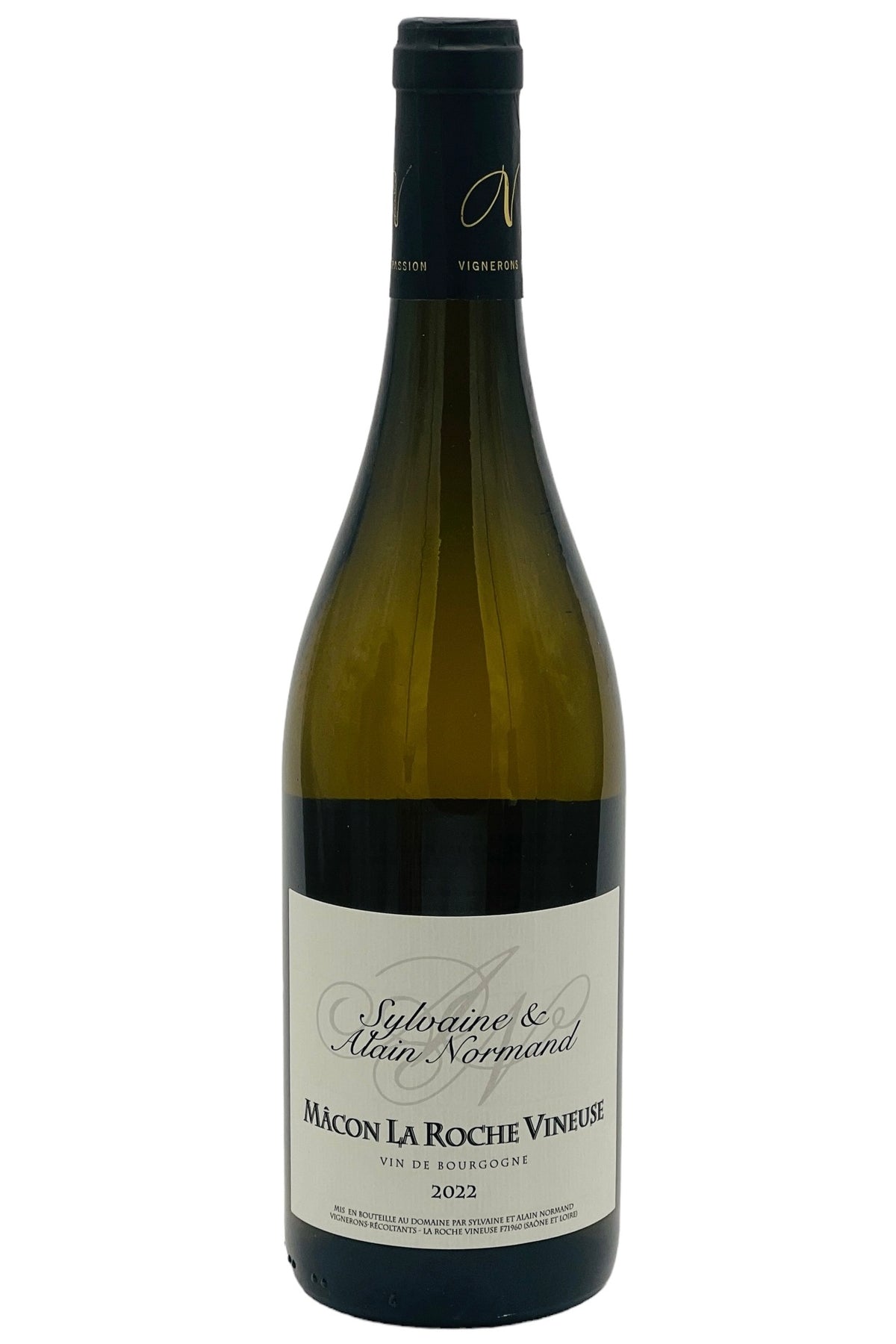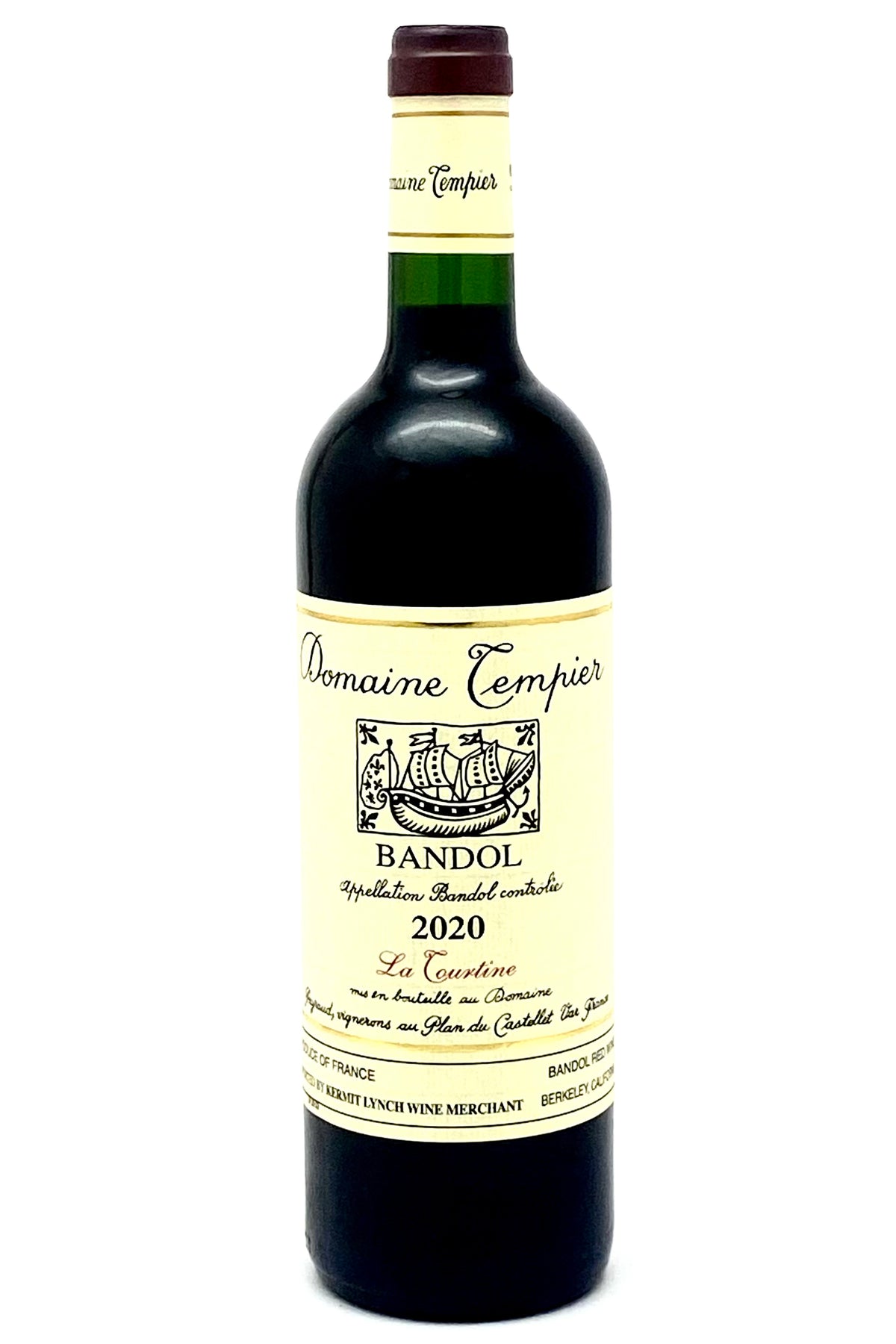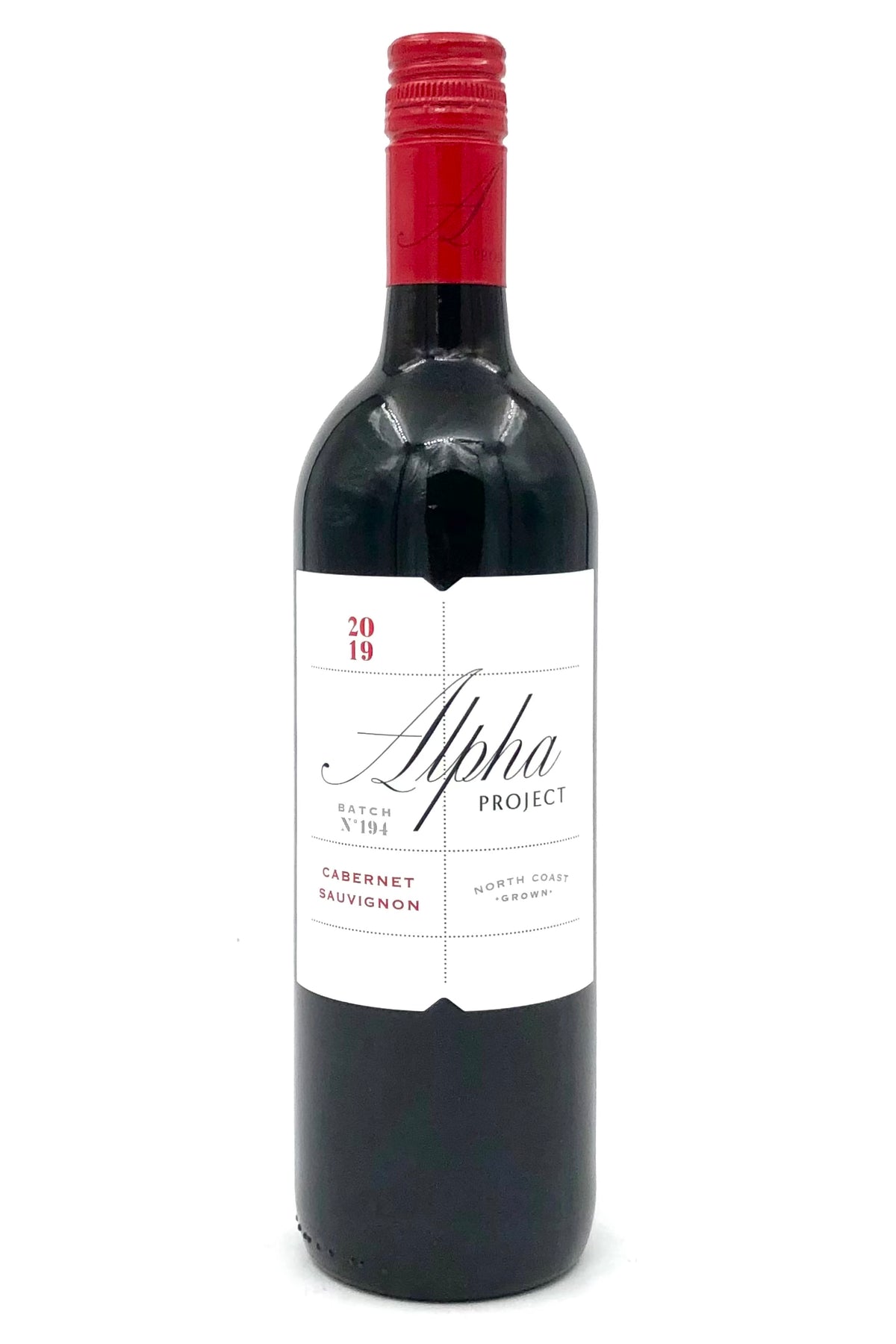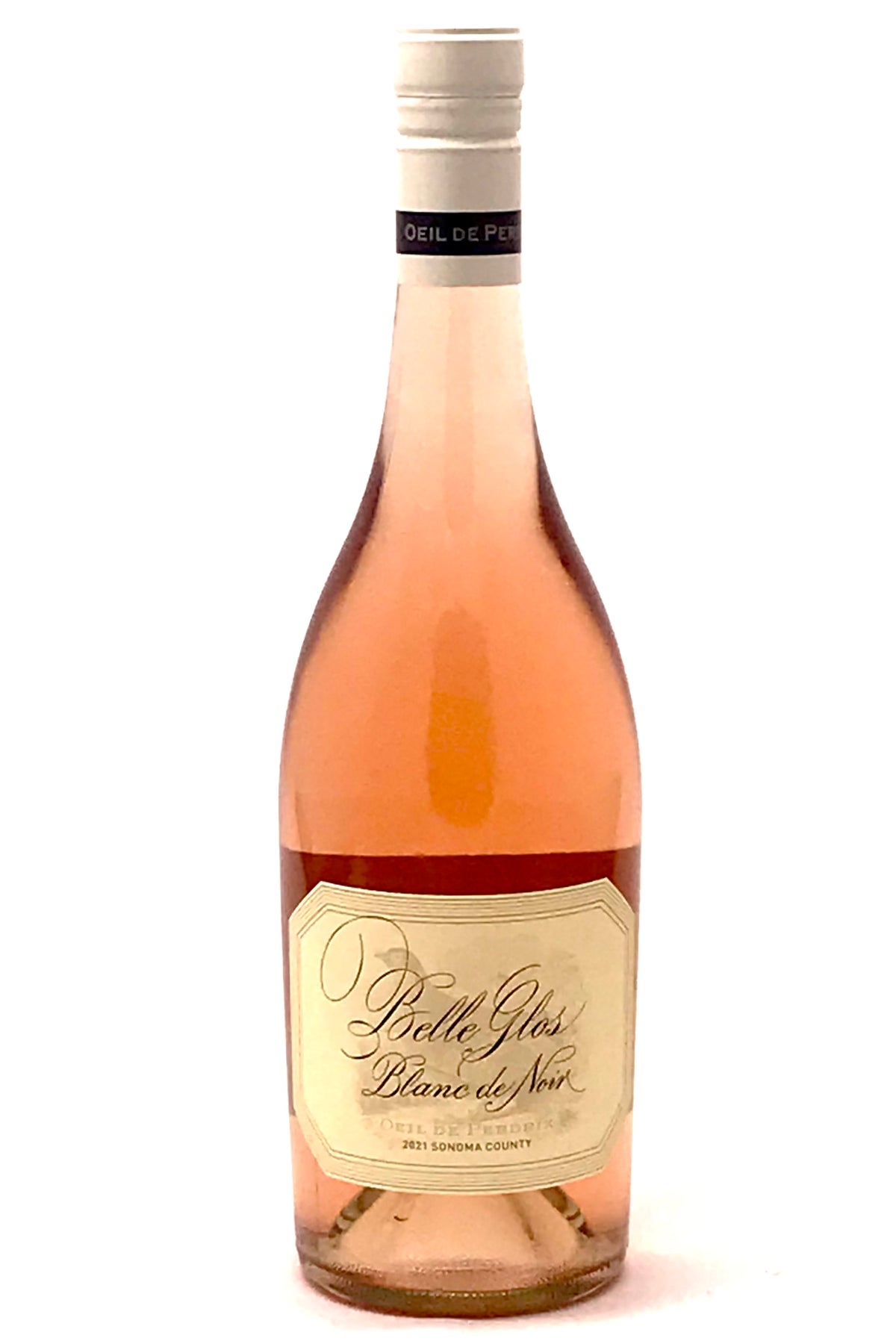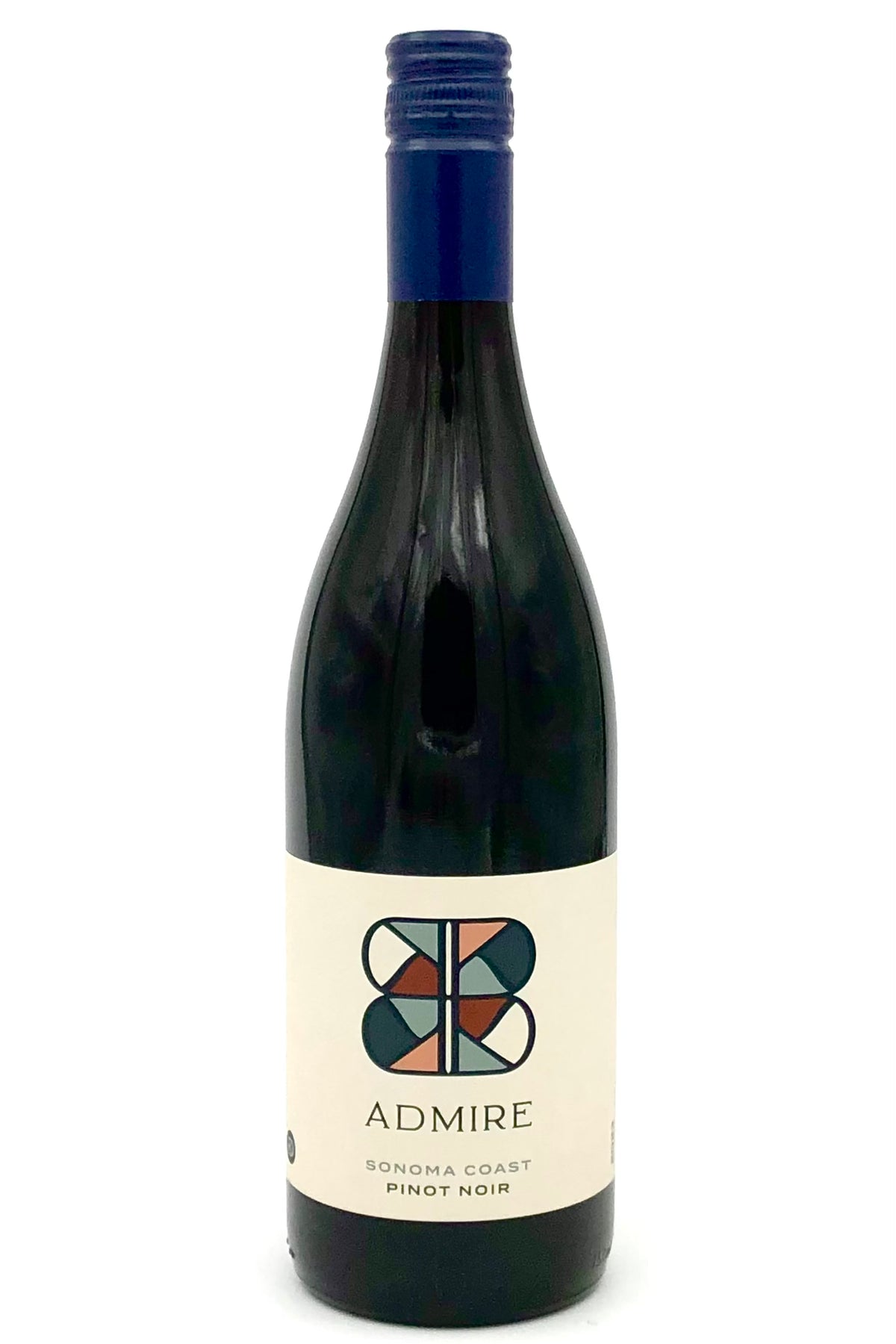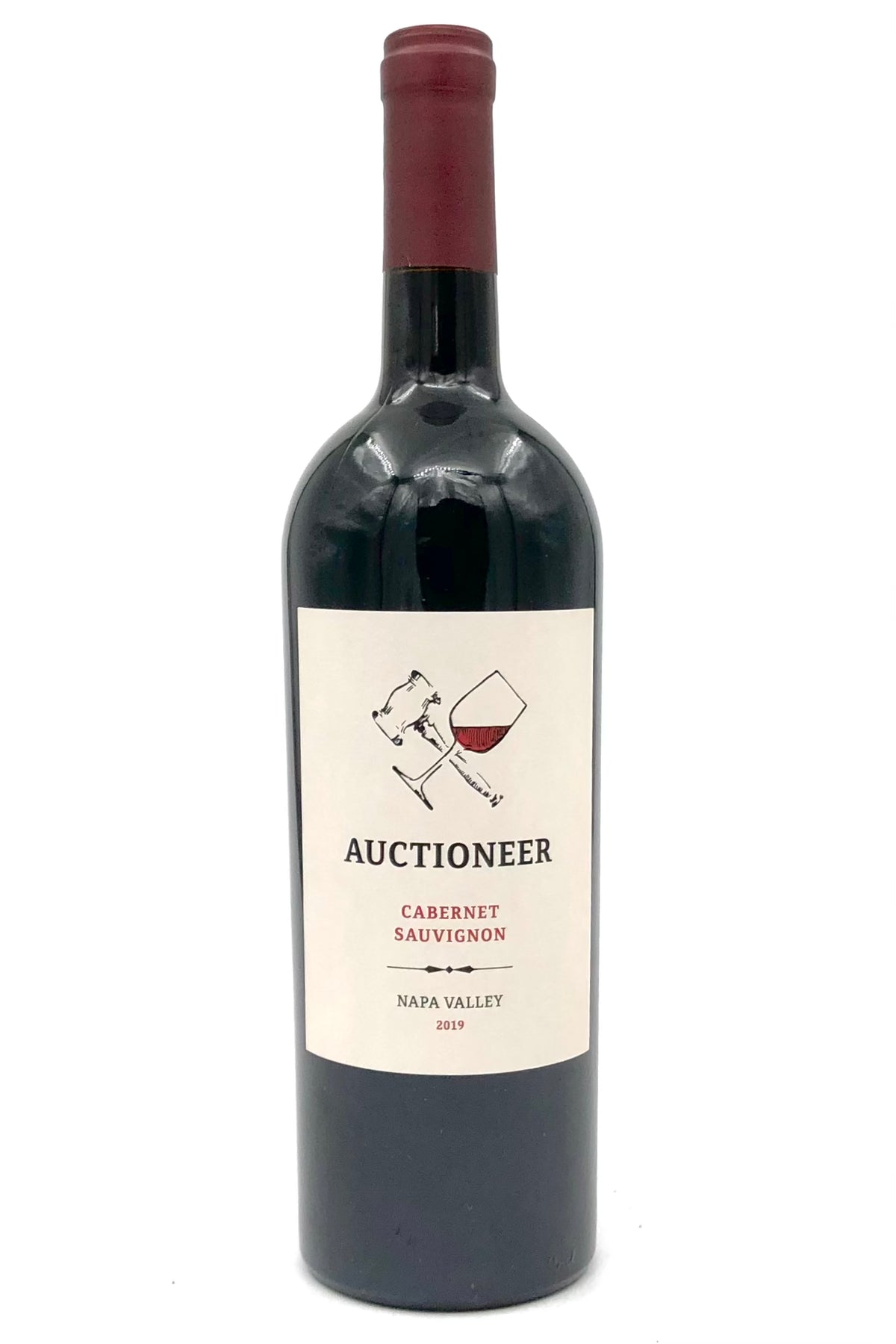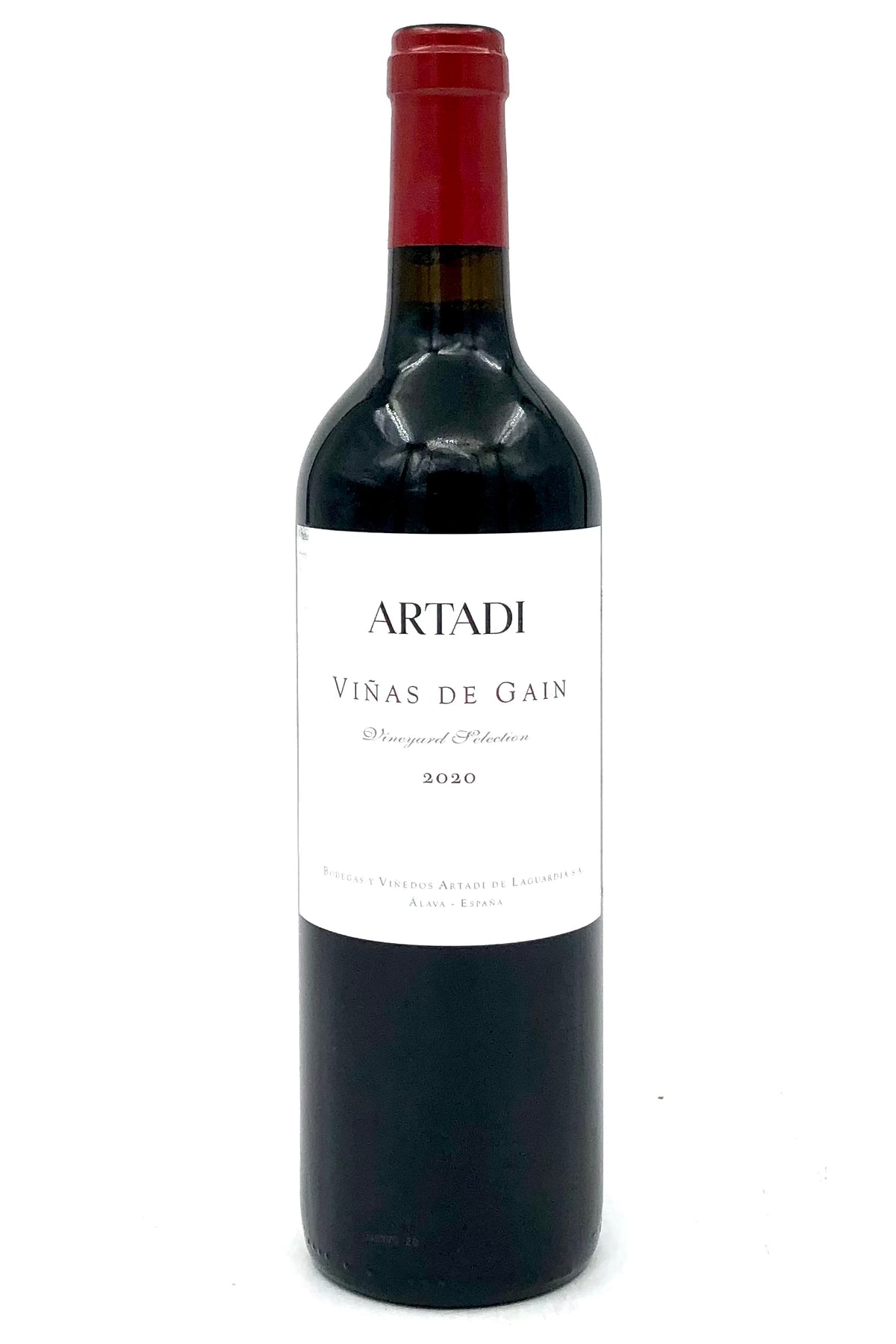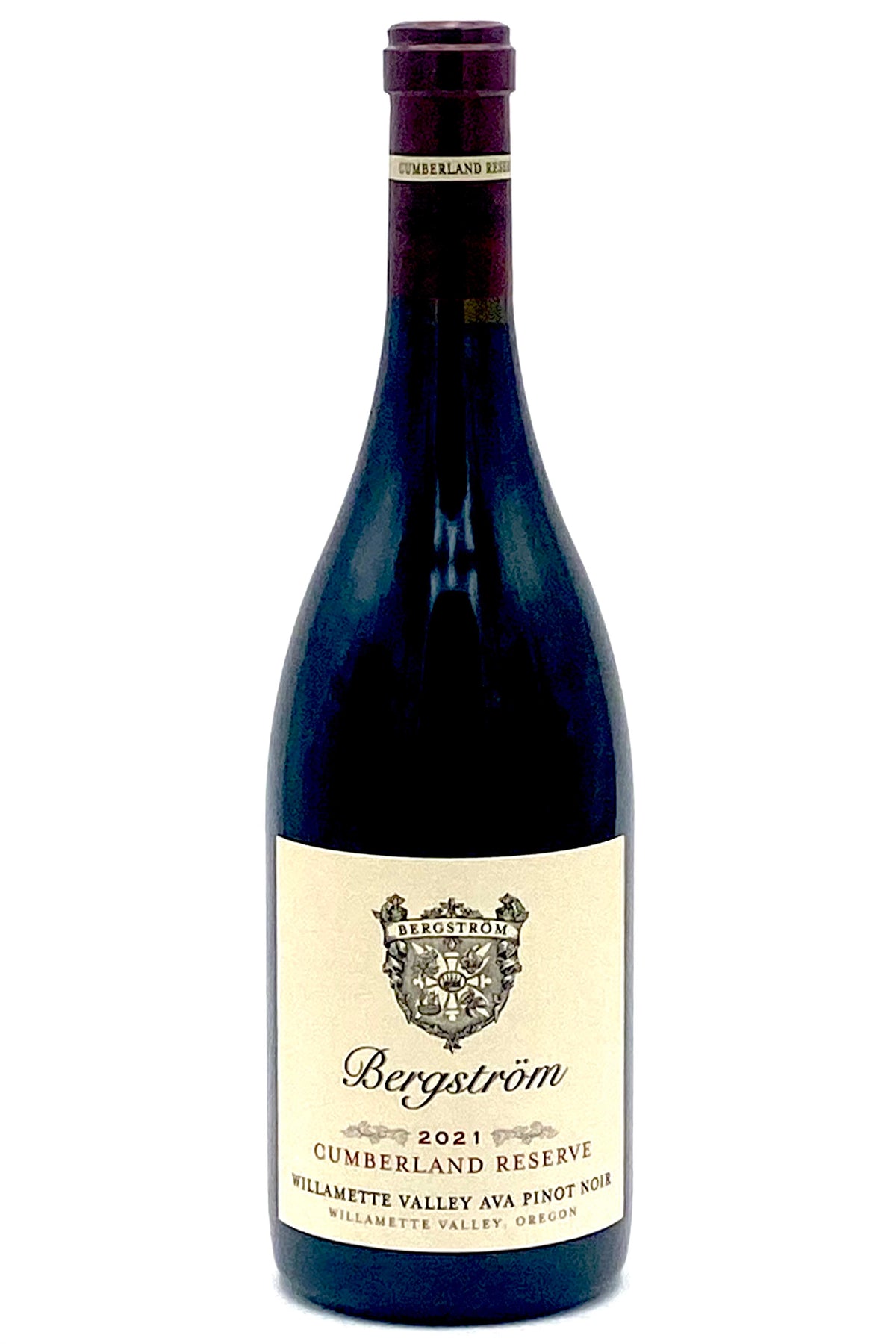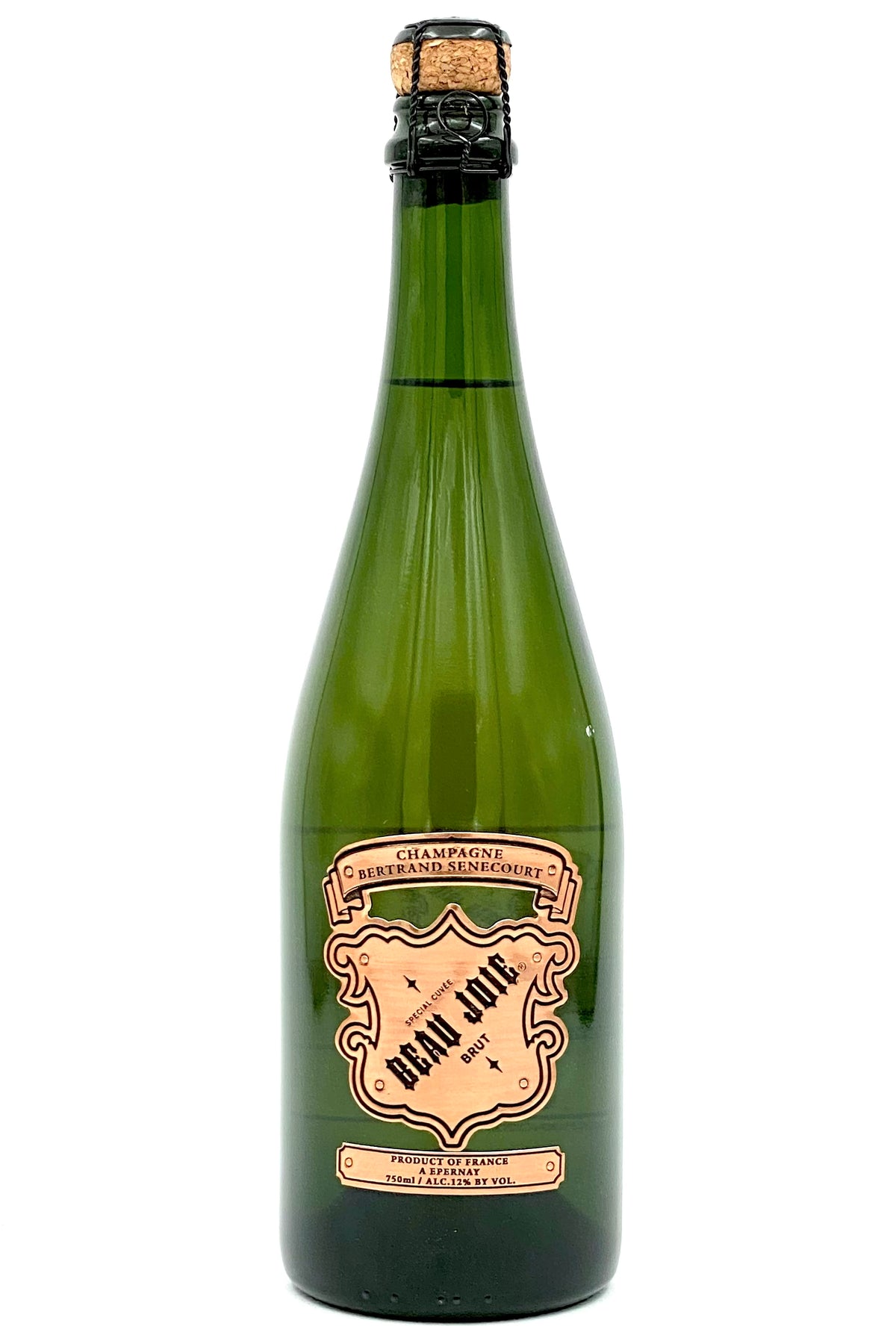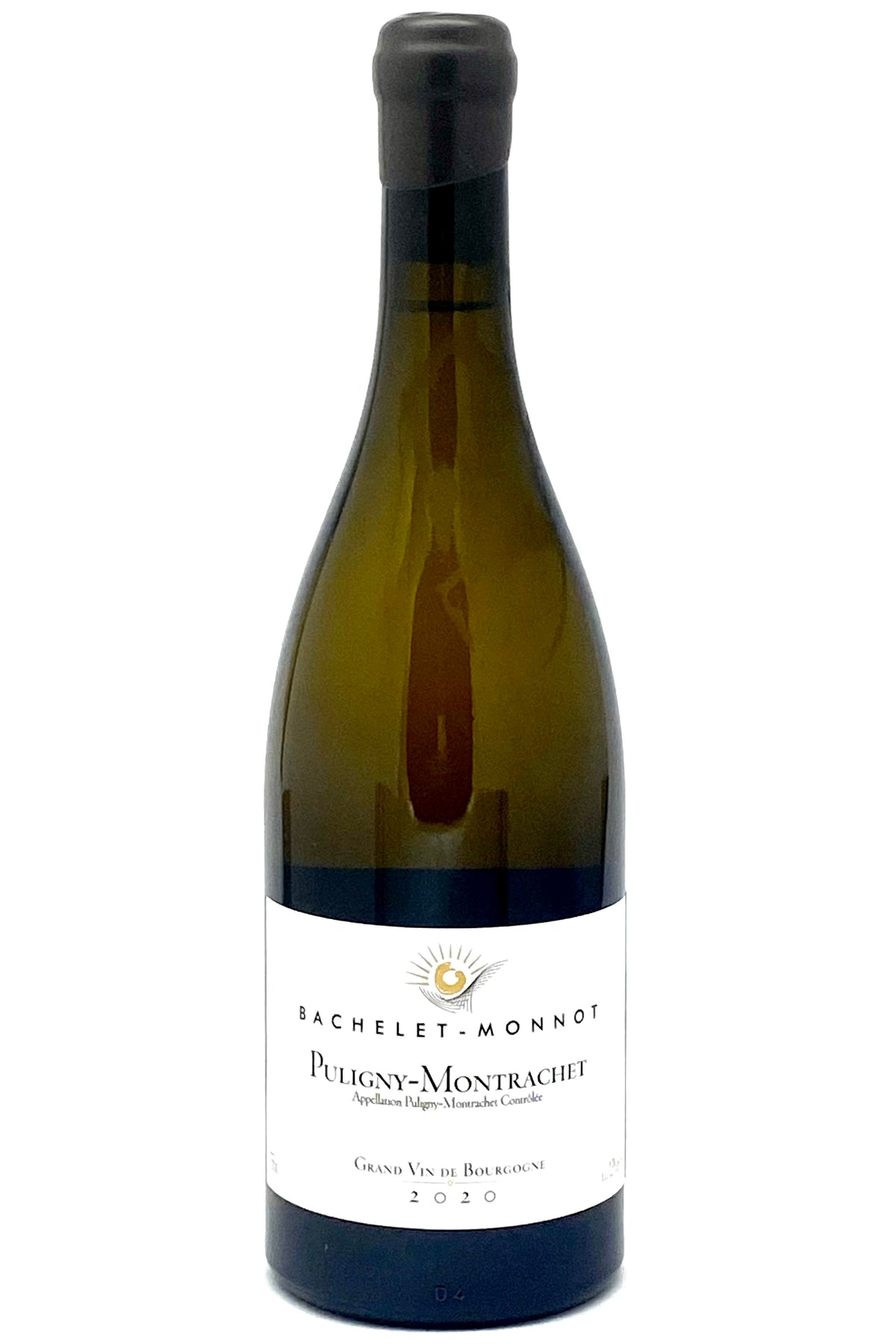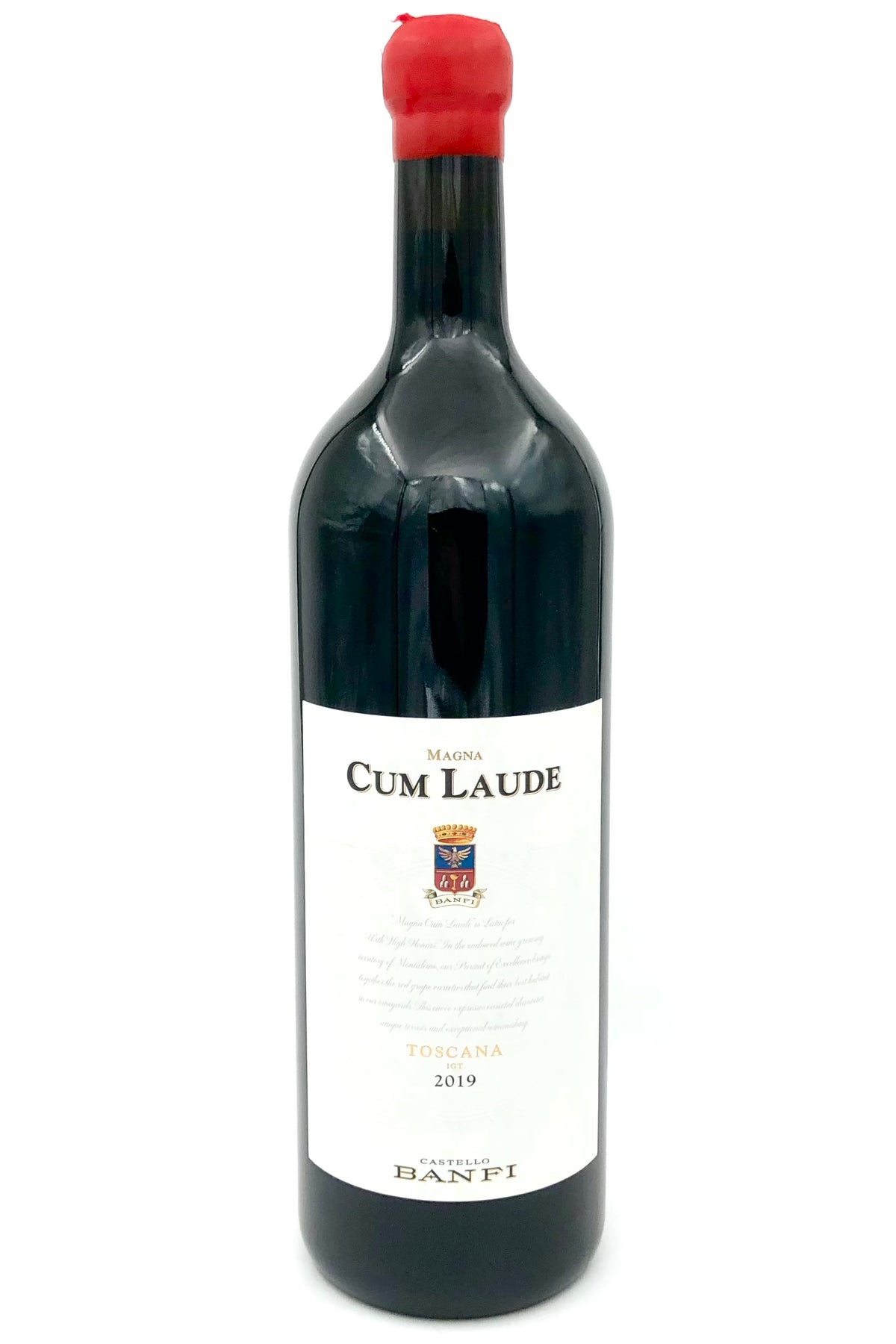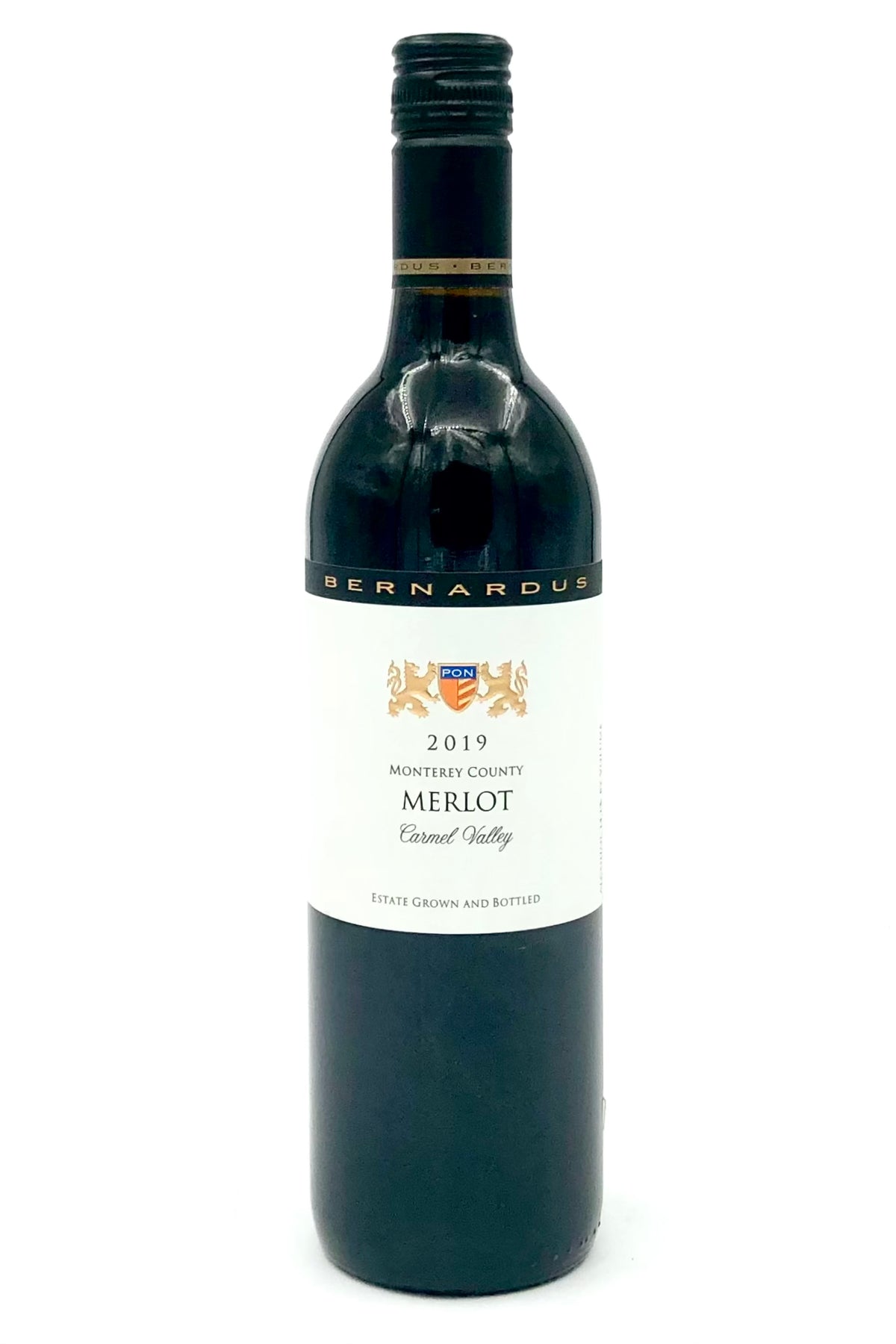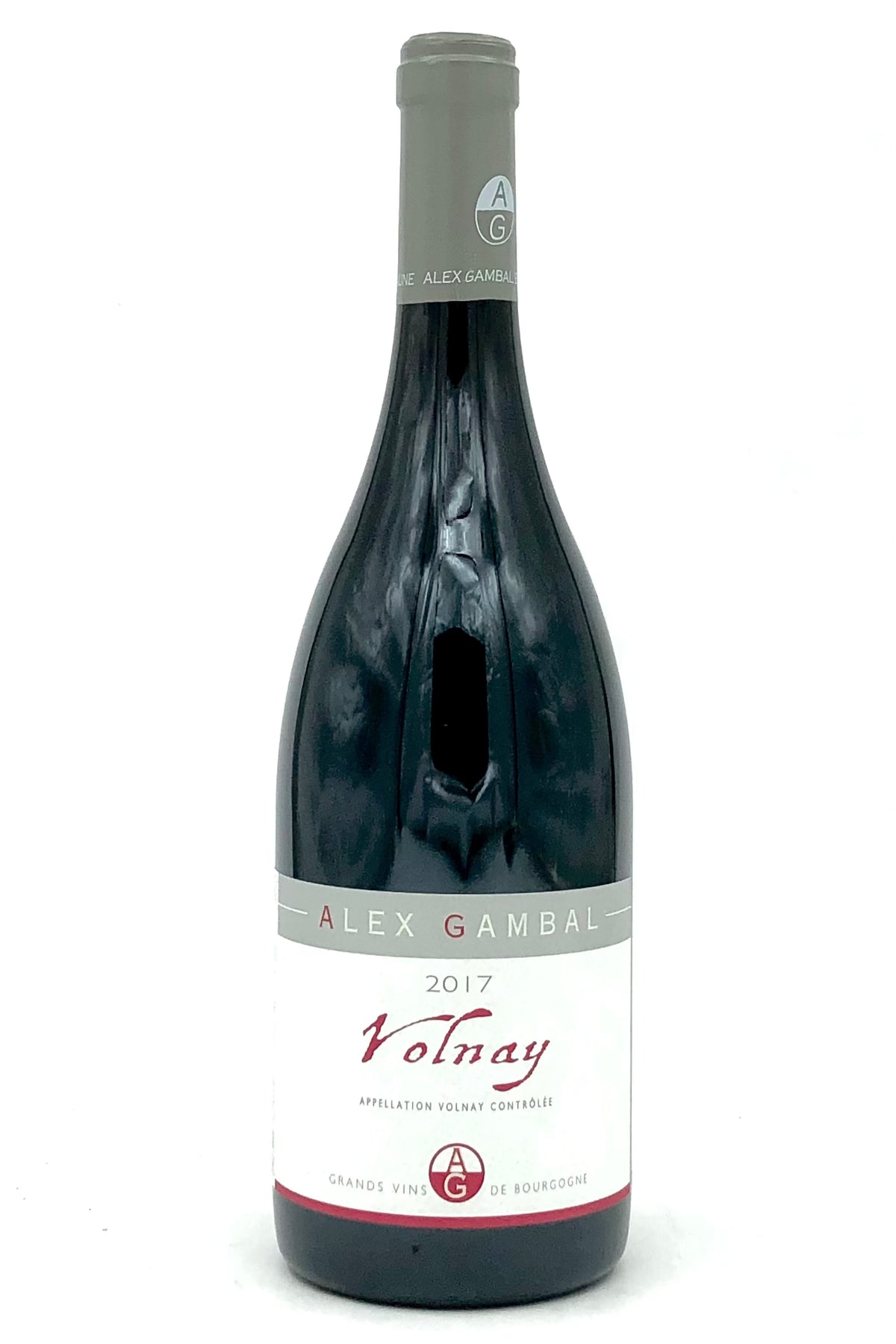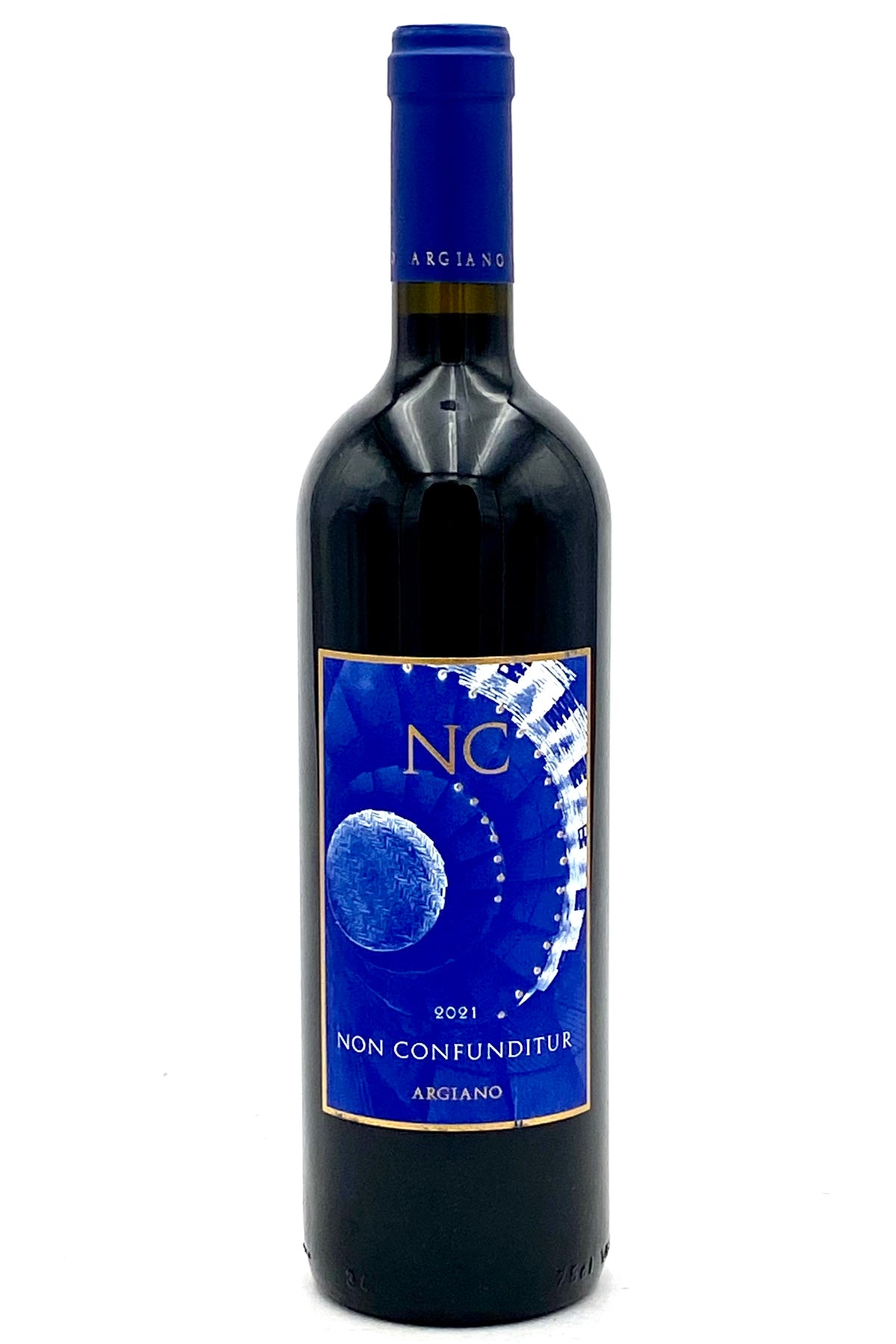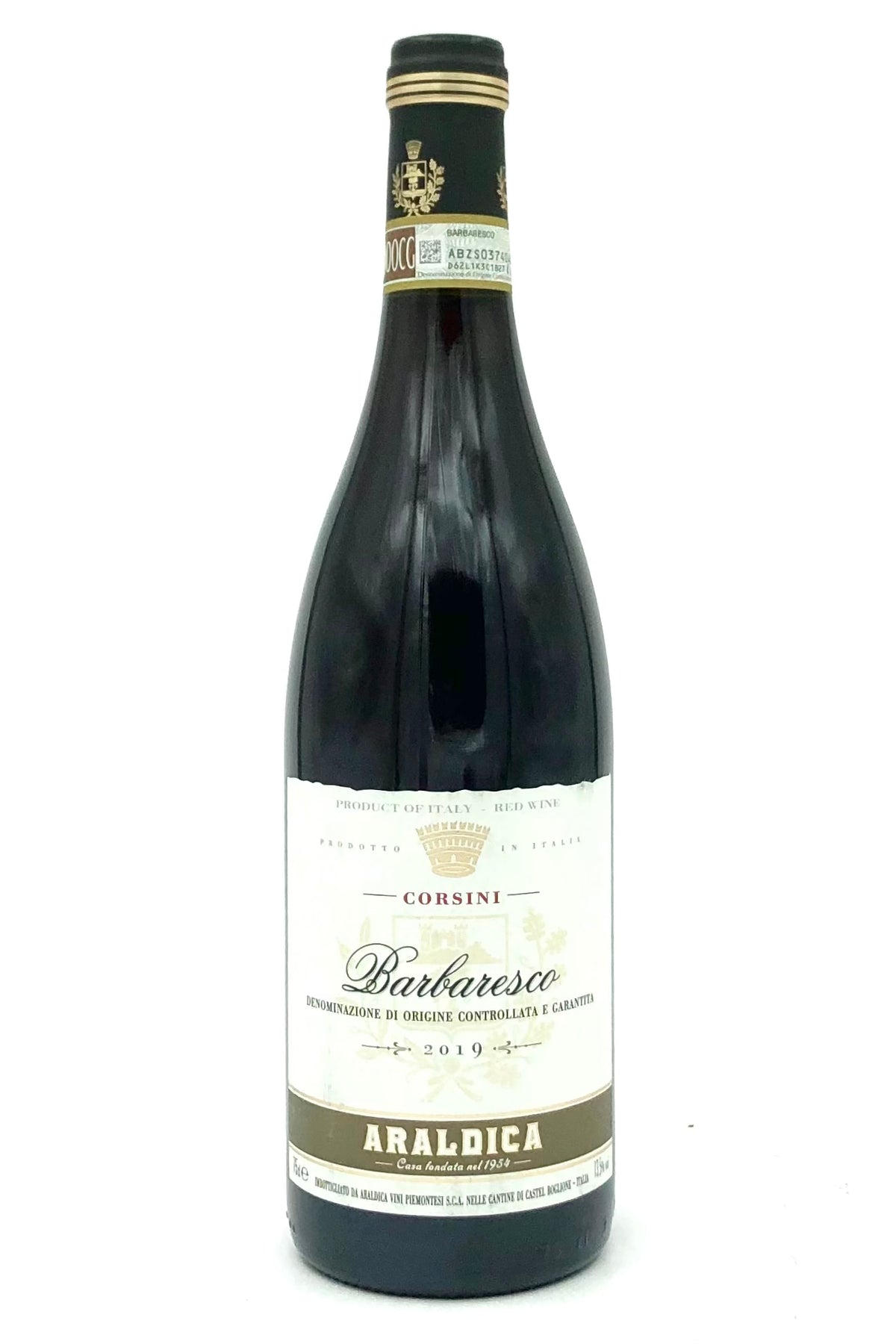Domaine Sylvaine & Alain Normand 2022 Mācon L Roche Vineuse V59
$ 25,00 $ 15,00
“Intense, attractive and rich on the nose, with hints of very ripe white and yellow fruit and exotic fruit aromas.
A fruity wine which is big, smooth and fresh on the palate.”
Alain Normand hails from the Loire Valley, but his ancestral home is Normandy, hence his name. That makes him a Norseman—a Viking—and true to form he is a tall red-headed man. He met Sylvaine, a Burgundian, in the wine school in Beaune. They began their careers by taking over an abandoned vineyard in La Roche-Vineuse with a métayage contract, a common agricultural practice in France whereby the landlord is paid in wine. Today, Alain works the vineyards, makes the wine, and sells off the landlord’s portion to negociants. He keeps the finest for himself. Sylvaine handles the office work when she’s not handling the two children. Theirs is a typical family domaine operation.
He works eleven hectares (27 acres) in La Roche-Vineuse, an old village nestled on the steep flank of the huge limestone outcropping that gives name to Vineuse. This village sits astride the small pass that cuts through the Macon ridges and leads to Cluny, the seat of power for the Benedictine order of monks in their Medieval heyday. On his hillsides in Vineuse, Alain farms Chardonnay, a little Pinot Noir for AOC Bourgogne Rouge, and a little Gamay for AOC Macon Rouge.
In 2003 they inherited a tiny parcel of Pouilly-Fuissé in Solutré from Sylvaine’s father and made about a pallet of wine every year from it. After the harvest of 2009, they inherited the rest of Sylvaine’s family vines—seven hectares (17 acres) total. Three (7 acres) are in AOC Pouilly-Fuissé divided between mostly old-vine parcels in Chaintré (vines are 50-60 years old) to the south and Solutré (vines are 30 to 80 years old) in the northern half of the appellation. The remaining four hectares (10 acres) are on the lower slopes of Chaintré and Solutré and are classed as Macon-Villages. The Normand Pouilly-Fuissé production is now divided along the lines of the Macon production: an old-vine cuvée made in old and new oak, and a classic cuvée made in vat. All four cuvées are raised with long lees contact. It’s worth noting that the two Pouilly-Fuissés bottled at chez Normand all come from the Solutré vineyards. The wine from the Chaintré, a warmer zone, is sold off to the négoc.
Alain farms according to the pragmatic principles of lutte raisonnée, or reasoned fight. He plows his vineyards rather than using herbicides, and he doesn’t use pesticides or chemical fertilizers. His methods both in the field and in the cellar are the antithesis of the cooperatives whose wines dominate the Macon trade.
Fast Delivery and Professional Packaging
Our long-standing partnership with UPS FedEx DHL and other carriers around the world lets us offer a range of shipping services. Our warehouse employees will pack each item according to our strict requirements. Prior to shipping, your goods are carefully examined and securely secured. We ship to thousands of customers each day across different countries. This is a testament to our commitment to be the biggest online retailer in the world. Warehouses and distribution centers are located throughout Europe as well as in the USA.
Orders with more than 1 item are assigned processing periods for each item.
Before shipping, all ordered items will be thoroughly examined. Currently, most orders are shipped within 48 hours. Delivery time ranges between 3-7 days.
Returns
The stock is constantly changing. It's not completely managed by us, as we're involved with several organizations, such as the factory and the storage. So the actual stock may alter at any time. Please be aware it's possible your order could run out of stocks once you've placed your order.
The policy is 30 days. If 30 days have gone without a trace since the purchase, unfortunately we can't offer an exchange or refund.
The item should not be in use and must be in the original packaging. The item should be returned in its original packaging.
